Those findings emerge from a new study examining the impact of practice ownership on physician income. The study’s authors combined national survey data on medical practice ownership with income data on 41,648 physicians between 2014 and 2018, a period during which hospital and health system ownership of practices, or vertical integration, increased from 24.1% to 45.6% of all physicians in the sample.
The study found that among all doctors, vertical integration resulted in an average income drop of $2,987, or a relative difference of .8% This occurs even though, as the authors note, other studies estimate that a hospital’s revenue increases by 19% following vertical integration.
The study’s findings were slightly more upbeat for primary care physicians. For them, vertical integration brought about an average income increase of $3,179, or 1.2% relative difference, during a period in which the percentage working in practices owned by a hospital or health system increased from 28.6% to 47.7%. In contrast, nonsurgical specialists saw their income drop by $9,562, or 2.4% due to vertical integration.
The study also found that the association between physician income and vertical integration differed according to the degree of competition in a particular hospital market. Going by the Federal Trade Commission’s definitions of market concentration, physician income declined by 0.1% in markets with a high degree of concentration, compared with a 2.2% decrease in competitive hospital markets.
Doctors in practices that vertically integrated with nonprofit hospitals had 1.9% lower annual incomes, while there were no statistically significant income changes for doctors in practices acquired by for-profit hospitals.
Since doctors by and large aren’t benefitting financially from selling their practices to hospitals and health systems, why else might they be doing it? The authors suggest several possibilities. One is that being part of a health system is a form of risk protection in that it provides physicians with a steadier income than they get from a owning a practice. In addition, hospitals/health systems provide administrative services, such as billing, regulatory compliance, and dealing with payers, that they would otherwise have to provide themselves.
In addition, health systems can implement and maintain information technology infrastructure and equipment, such as EHRs. Finally, there are what the authors call the “lifestyle benefits” of more routine scheduling and reduced administrative burden.
The study, “Physician Compensation in Physician-Owned and Hospital-Owned Practices,” appears in the December 2021 issue of Health Affairs.
15% Off Medical Practice Supplies
VIEW ALL
 Manual Prescription Pad (Large - Yellow)
Manual Prescription Pad (Large - Yellow) Manual Prescription Pad (Large - Pink)
Manual Prescription Pad (Large - Pink) Manual Prescription Pads (Bright Orange)
Manual Prescription Pads (Bright Orange) Manual Prescription Pads (Light Pink)
Manual Prescription Pads (Light Pink) Manual Prescription Pads (Light Yellow)
Manual Prescription Pads (Light Yellow) Manual Prescription Pad (Large - Blue)
Manual Prescription Pad (Large - Blue)__________________________________________________
Appointment Reminder Cards
$44.05
15% Off
$56.30
15% Off
$44.05
15% Off
$44.05
15% Off
$56.30
15% Off

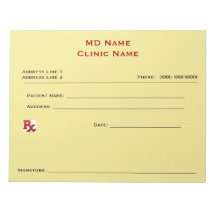
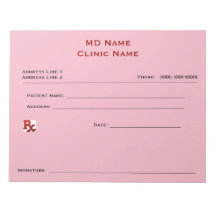
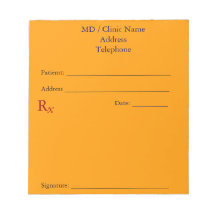
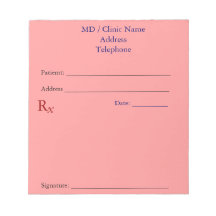
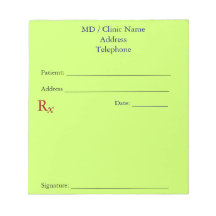
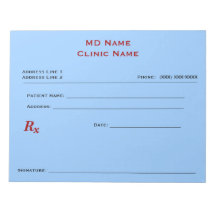
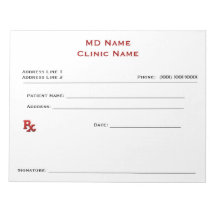
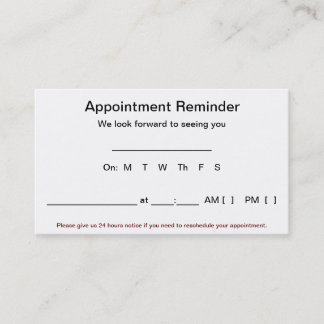
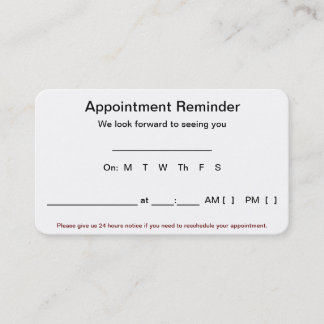
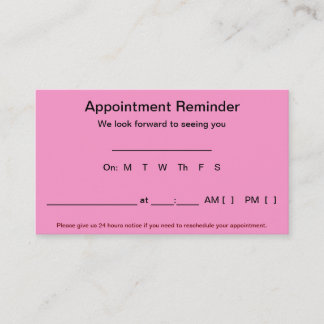
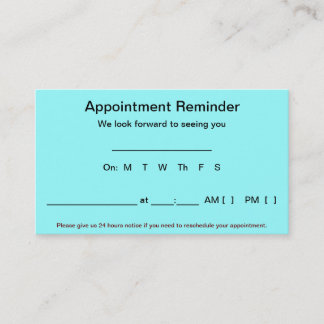
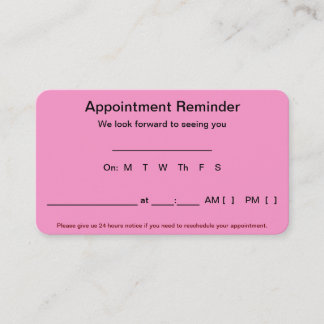
カジノ シークレット カジノ シークレット m88 m88 메리트 카지노 가입코드 메리트 카지노 가입코드 m88 ทางเข้า m88 ทางเข้า 넷마블 포커 넷마블 포커 470
ReplyDelete